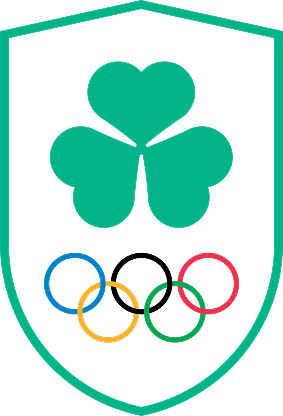The new EU Treaty will come into effect tomorrow, and, for the first time ever, will provide a legal basis for sport – something for which the Olympic and Sports Movement has been fighting for the last 15 years.
Articles 6 and 165 stress the significance of sport in Europe, recognize its specific nature and define the promotion of sport as a Community objective.
Jacques Rogge, President of the International Olympic Committee (IOC), said: “We have come a long way. I thank the member states for their strong commitment to sport over the last years. The impact of sport in the EU is huge, as is the influence of EU policies on sport. It really is time to move from a case-by-case approach to an environment where the specific characteristics of sport can be taken into account properly.”
The reference to sport in the Lisbon Treaty, which also mentions the “specific nature of sport”, provides the necessary instrument to do so. It should allow sport to be looked at not only from a purely economic point of view, but also from its voluntary structures as well as its social and educational role. Furthermore, sport’s fundamental principle of financial re-distribution for the purpose of sporting development distinguishes it from other industries. In this regard, the Olympic and Sports Movement has been confronted with several challenges in the past, especially when it came to judgments of the European Court of Justice on pure sporting rules.
For instance, the protection of national teams and the regulations concerning free movement of professional athletes need to be addressed in the light of sport-specific rules and the particular characteristics of international sport.
Whilst the European Union is not given any direct legal competences for sport, its role will be to support and promote actions of the member states in this field, following the principle of subsidiarity. “We fully support this approach since the European Union should support and not regulate sport”, stated Patrick Hickey, President of the European Olympic Committees (EOC).
This indicates that sport organisations in Europe will gain momentum through more funding opportunities. The reference to sport in the Lisbon Treaty enables the set-up of a specific EU sports funding programme as well as a better mainstreaming of sport in existing programmes.
In the coming months, the focus of the Olympic and Sports Movement, which took a clear and unified position on the autonomy and specificity of sport last year, will now be on the proper implementation of articles 6 and 165.
It is about protecting sport’s autonomy on the one side, and safeguarding the integrity of sporting competitions on the other side.
“We are ready to contribute with our expertise to fill the new articles on sport with life and make it a success story for everybody. The Spanish government has already invited us to work closely together in the first half of 2010. We are ready to do so and also to continue with the regular and structured dialogue that we have built up with the EU institutions”, said Mario Pescante, IOC Vice-President and Chairman of the IOC International Relations Commission.
Under the Spanish Presidency, a formal Council of Sports Ministers will take place for the first time ever.
